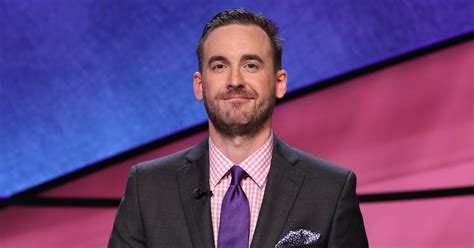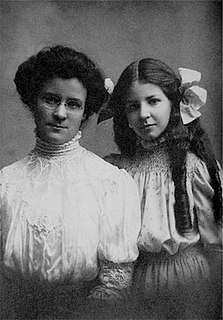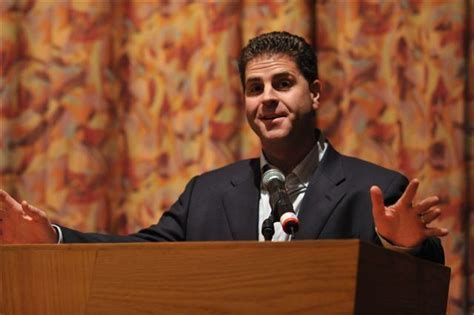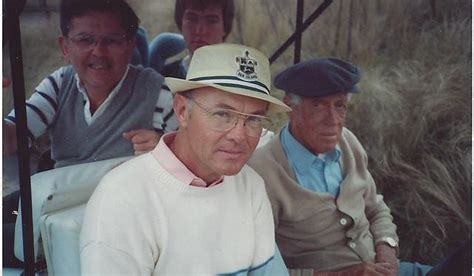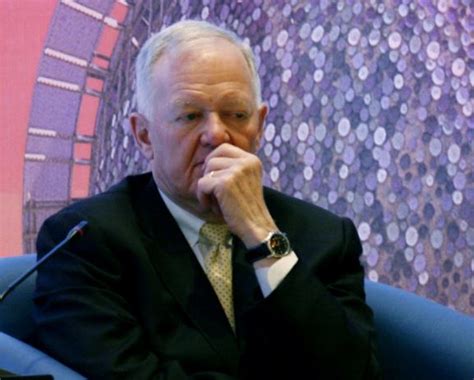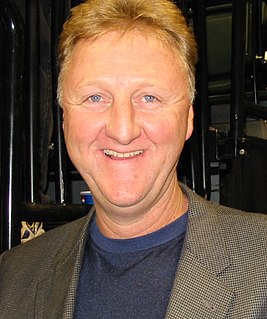A Quote by Adam Driver
I can tell more about my weaknesses than my strengths.
Related Quotes
For success I consider three factors are necessary: firstly, an awareness of my own strengths and weaknesses; secondly, an accurate understanding of my opponent's strengths and weaknesses; thirdly, a higher aim than momentary satisfaction. I see this aim as being scientific and artistic achievements, which place the game of chess on a par with other arts.
[The Other Woman]s not only a story about friendship and women and how we support one another and how we're there for one another, but it also shows how different these women are. They each have their own strengths and weaknesses, and those strengths and weaknesses help each one of them in their own way.
We must begin looking at each other as brothers and sisters...and not walking brochures. We must see each other's strengths and encourage those strengths....We must see each others weaknesses and be patient with those weaknesses... sometimes even look beyond what we see as "weaknesses" and move on with compassion and love and respect. That takes true faith.


